Sessions speakers
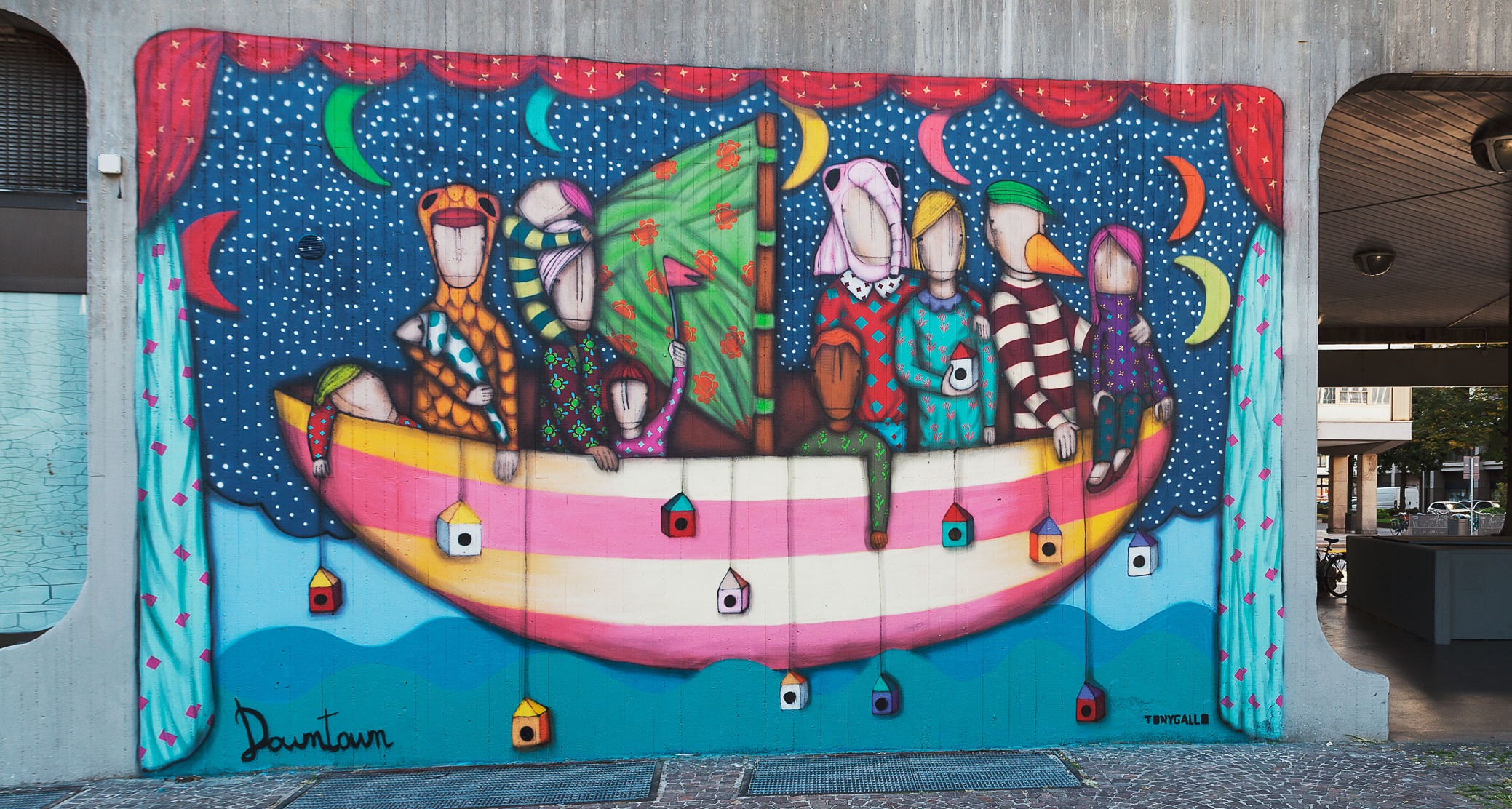
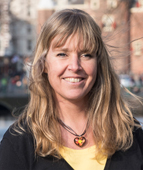
Yvonne Donders, University of Amsterdam, The Netherlands
Yvonne Donders is Professor of International Human Rights and Cultural Diversity and Head of the Department of International and European Public Law at the Faculty of Law of the University of Amsterdam. She was the Director of the Amsterdam Center for International Law (2008-2015), and previously she worked as project manager at the National Human Rights Institute of the Netherlands, and as Programme Specialist on Economic, Social and Cultural Rights in the Division of Human Rights and Struggle against Discrimination of UNESCO's Secretariat in Paris. She is a regular consultant for UNESCO and for the UN Office of the High Commissioner for Human Rights. She is currently Chair of the Advisory Board of the “Shelter City” initiative, and also Chair of the Steering Committee of the Netherlands Network of Human Rights Research (NNHRR), Member of the Advisory Board of the Netherlands Institute for Human Rights, Member of the Human Rights Committee of the Advisory Council on International Affairs of the Ministry of Foreign Affairs (AIV), Member of the Editorial Board and Executive Editor of the Netherlands Quarterly of Human Rights (NQHR), and Member of the Board of the Royal Netherlands Society of International Law (KNVIR).
Her research interests include public international law; international human rights law, in particular economic, social and cultural rights and human rights and cultural diversity.
Her recent publications include: Protecting the Home and Adequate Housing - Living in a Caravan or Trailer as a Human Right (International Human Rights Law Review, 2016); Balancing interests: limitations to the right to enjoy the benefits of scientific progress and its applications / Une balance des intérêts - Les restrictions au droit de bénéficier du progrès scientifique et de ses applications (Journal Européen des Droits de l'Homme, 2015); The Receptor Approach: A New Human Rights Kid on the Block or Old Wine in New Bags? A Commentary on Professor Zwart's Article in HRQ (Human Rights Quarterly, 2014); Human rights and cultural diversity: too hot to handle? (Netherlands Quarterly of Human Rights, 2012).
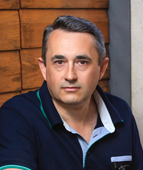
Ivan Koprić, University of Zagreb, Croatia
Ivan Koprić is Professor of law, public administration, tax administration, social work, and several postgraduate and doctoral studies (Public Law and Public Administration; Urban Management; Social Policy). He is currently heading many key positions and roles in the University of Zagreb. Since 2015 he is member of the board of the joint PhD study in Human Rights, Society, and Multi-Level Governance (organized by the University of Padova, the University of Zagreb, the University of Western Sydney, and the University of Nicosia). Currently he is Editor-in-chief of scholarly journal Croatian and Comparative Public Administration, and Member of editorial board of several international scientific journals. He participated in 40 scientific, policy, and other projects in Croatia and abroad; and led ten of them. Consultant in more than 20 projects financed by the EU, the WB, the OECD, the UNDP and other donors. OECD-SIGMA and ReSPA expert in administrative procedure and justice, administrative reform, and similar fields of expertise.
His field of expertise and research includes among others: local governance and self-government, local autonomy and democracy, decentralisation, multi-level governance, European Administrative Space, organisation theory, administrative theory, administrative education, human resource management, performance management, administrative procedures and justice, public policy, comparative public administration.
Among his books and scientific papers: Legal Remedies in Administrative Procedures in Western Balkans (Regional School of Public Administration - ReSPA, 2016); Decentralization as a Precarious Component of Contemporary European Governance: From Concepts to Practice (NISPAcee Journal of Public Administration and Policy, 2016); Open Questions on Property Restitution or the Compensation for the Property of Former Land Communities (Croatian and Comparative Public Administration, 2015); Why and what reform of the local and regional self-government in Croatia (Croatian and Comparative Public Administration, 2015); New Developments in Local Democracy in Croatia (Croatian and comparative public administration, 2015); Administrative Science - Public Administration in Contemporary European Context (Pravni fakultet Sveučilišta u Zagrebu, 2014)
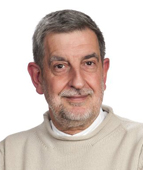
Josep Maria Llop Torné, University of Lleida, UNESCO Chair in Intermediate Cities, Spain
Josep Maria Llop Torné is an architect and city planner since 1974 for ETSAB (Escuela Técnica Superior de Arquitectura de Barcelona). He is currently Professor at the University of Lleida. He worked as Director and Coordinator of Urbanism of Barcelona, before the Olympic Games of 1992 (1989-1991), as well as Director of Urban Planning and Environment of Lleida (1979-1988; 1991-2003), and as Director of the General Plan of Lleida (1995-2015) he has received the First Award for Cataluña Urbanism granted by SCOT and sponsored by the Generalitat de Catalunya. He has been the President of the AAUC (Agrupación de los arquitectos city planners of Catalonia) from 1989 to 2001. In 2010 he received the Medal of COAC (Official College of Architects of Catalonia) to the merit for the promotion of urbanism. Josep Maria Llop Torné is also the Coordinator of a Common Project created by the URB-AL Network (Urbanización en América Latina, Urbanization of Latin America).
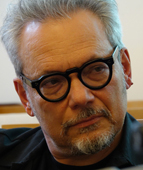
Francesco Martone, "In Difesa Di", Italy
Francesco Martone is currently a member of the National Committee of “Un Ponte Per”, spokesman for the network "In Difesa Di - per i diritti umani e chi li difende", made up of 30 associations, NGOs and organizations of Italian civil society, with the aim of supporting and protecting human rights defenders. He is member of the Permanent Peoples' Tribunal, he is a consultant to the Tebtebba foundation for issues concerning human rights and indigenous peoples, and climate change. Previously, he was Senator of the Republic for two legislatures (2001-2006, and 2006-2008), and secretary of the Extraordinary Commission for Human Rights of the Senate. He worked for Greenpeace International (1988-1995), and was founding member of Greenpeace Italy. He founded and coordinated the World Bank Reform Campaign (1995-2001), collaborated with the North-South Campaign, Survival of Peoples, Biosphere, Debt. He worked for the English NGO Forest Peoples Program following international initiatives and UN negotiations on the rights of indigenous peoples, climate change and forests (2008-2016).
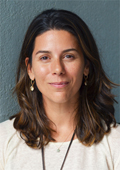
Aysel Madra, Raoul Wallenberg Institute, Sweden
Aysel Madra is a Program Officer at Raoul Wallenberg’s Turkey Programme in charge of overseeing and enhancing the program’s research agenda and academic networks. Previously she obtained her PhD degree in Sociology from the New School for Social Research in New York, USA. After obtaining her PhD degree, she worked as a post-doctoral fellow at Sabancı University, Istanbul. Before joining RWI, she worked as a Policy Analyst at Education Reform Initiative, a think-tank that focuses on educational policies in Turkey. She taught numerous undergraduate-level courses at various universities in Turkey and in the United States, and authored academic and non-academic works on secularism, education, and refugees.
She was author or co-author of: the web report ‘Building Community through Inclusive Education.’ (Education Reform Initiative, Istanbul 2016); Interventionist Secularism: A Comparative Analysis of the Turkish Grand National Assembly (1923-1928) and the Indian Constituent Assembly (1946-1949); Debates (Journal for the Scientific Study of Religion 2015).
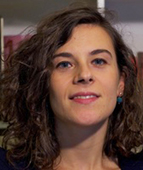
Desirée Campagna, University of Padova, Italy
Desirée Campagna is a researcher and consultant in the field of cultural policy and cultural rights. She is currently completing her Ph.D. in the framework of the Joint Ph.D. Programme in ‘Human Rights, Society, and Multi-level Governance’ at the University of Padova. Her research project analyses the impacts of participatory governance on cultural development, with a specific focus on the participatory projects implemented in European Capitals of Culture. She has collaborated with Universities in Germany and in Croatia and realised teaching activities on economics of culture, EU Structural Funds and cultural rights. She has a human rights background, and she graduated at the University of Padova in 2012 with a thesis that explains the theoretical and empirical linkages between arts and human rights. As a consultant, she supported public and private organisations in designing interventions for the valorisation of cultural heritage, in accessing to finance for cultural and creative activities and in realising feasibility studies for local development and tourism promotion.
Her publications include: ‘A set of indicators of interculturalism in local cultural policies: a study of three Croatian ECoC candidates’ (with D. Jelinčić, Croatian and Comparative Public Administration, 2018); ‘Implementing the human right to take part in cultural life: trends and perspectives of inclusive cultural empowerment’ (Peace Human Rights Governance, 2017) and (in Italian) ‘Il ruolo interreligioso dei musei: uno studio di caso sulla mostra Gerusalemme, città tre volte santa’ (Religioni e Società, 2017).
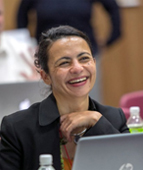
Frédérique Hanotier, Human Rights Cities Network, Belgium
Frédérique Hanotier is a senior independent expert in human rights and governance, researching on human rights cities development. She is the founder of the Human Rights Cities Network project aiming at expending knowledge and essential elements for success in implementing human rights cities in Europe. Frédérique has 20 years of work experience in EU external relations, diplomacy and political analysis. She has been working for the EU in Development Cooperation and International Aid in Brussels and was posted in several EU Delegations (Africa and Asia). She is also a professional mediator and has a hands-on experience in peace-building and reconciliation processes. She is experienced in programme management at international level including in conflict resolution, peace-building and urban development in EU external cooperation policy. She is participating to the Team of associated members of O.M.A. International Mediation Center. https://oma-mediation.com/en/
Frédérique is a political scientist specializing in international relations. She has a Master’s degree in Political Sciences in European Politics (Institut d’Etudes Europeennes) and a Master’s degree in Human Resources Management & Dynamic of Organizations (Université Libre de Bruxelles).

